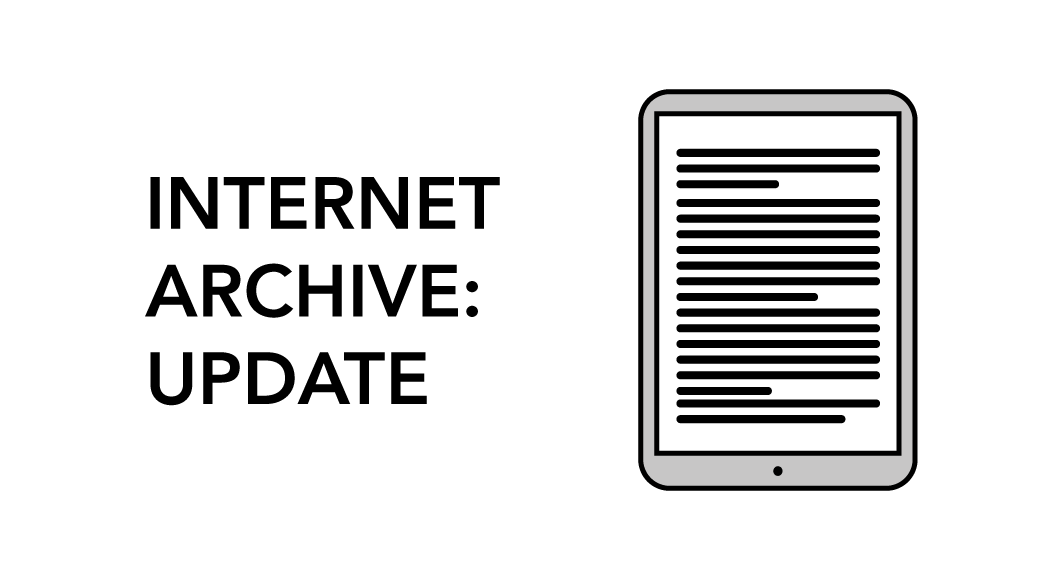Following campaigns against the unauthorised large-scale copying practices of the Internet Archive, the Internet Archive’s National Emergency Library ceased operating on 16 June. This is two weeks earlier than it had initially been intended to run. The Internet Archive cited a copyright infringement lawsuit filed by four leading US publishers – Hachette, Penguin Random House, HarperCollins, and John Wiley – in their decision to end the scheme early.
The lawsuit came after a series of campaigns by author organisations around the world that took issue with the legal status of the Internet Archive’s copying and dissemination of authors’ works without remuneration. In its initial response to the lawsuit, the Authors Guild noted that it had offered to work with the Internet Archive in 2017 to ensure the scheme worked in line with copyright law and authors’ rights, but the offer was rejected.
Despite the National Emergency Library scheme finishing early, the fact stands that authors’ works continue to be copied and distributed without remuneration on a large scale by the Internet Archive. This comes while studies in many countries have shown authors’ incomes to be in decline. The copying practices of the Internet Archive continue to harm authors and we hope further steps can be taken to resolve this.
For additional coverage see:

